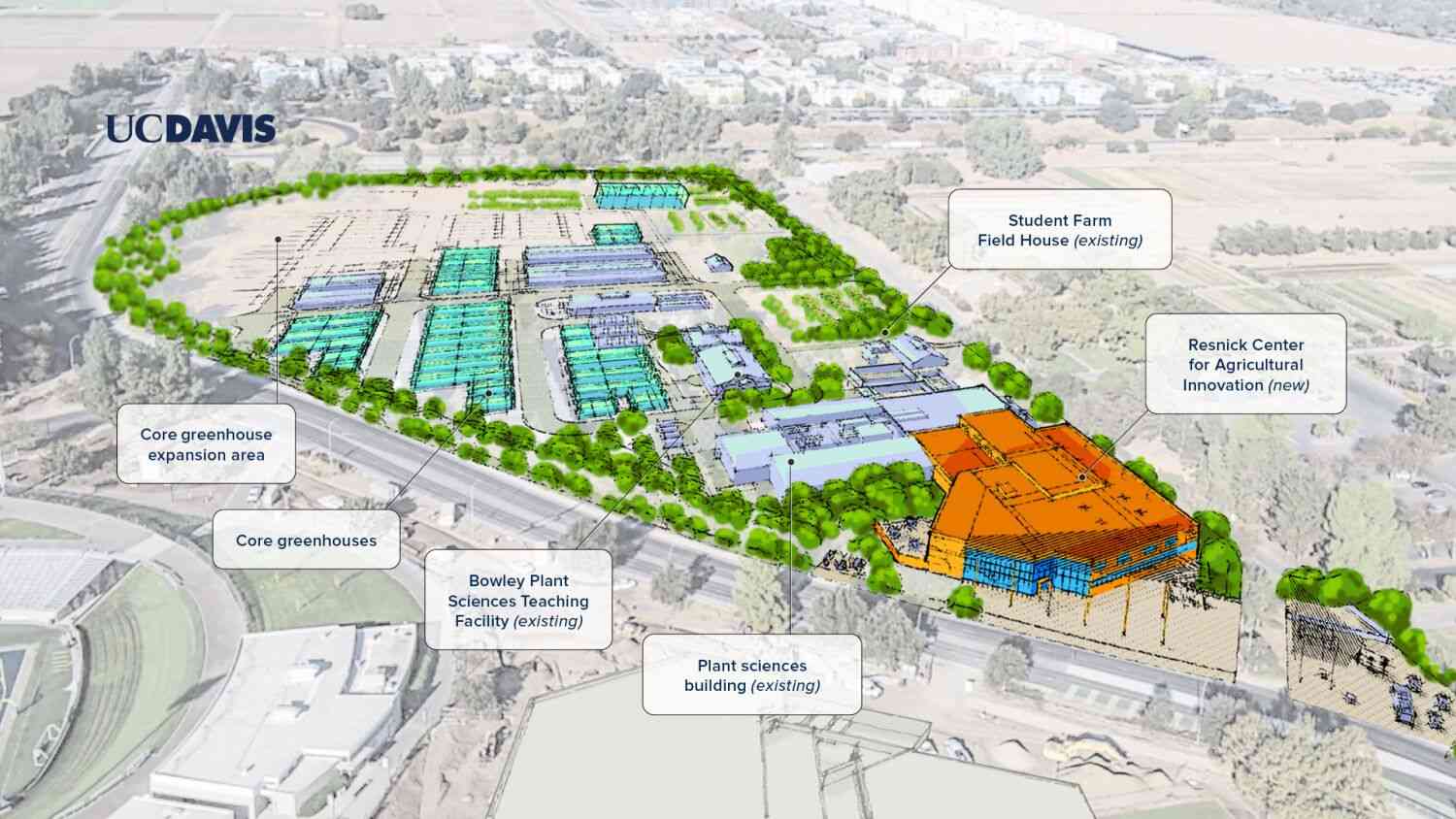Beverly Hills billionaires give UC Davis $50 million to build agricultural research hub
Share this:
There has been a lot of discussion lately about the effects of global warming on agricultural practices. Now, thanks to some recent advances in agricultural technology and genetics, it’s looking as though we may be able to mitigate, or even reverse, some of those effects by improving crop yields and food availability for the millions that are expected to be displaced as a global population continues to grow in the coming decades.
UC Davis has a reputation of being one of the premier agricultural research centers in the country. But for decades, the world’s No. 1 agricultural research university was a bit of a sleeping giant when it came to agricultural experimentation, thanks to the relatively few agricultural scientists that the UC Davis campus could count on. Last year, however, as new crop varieties from around the world were making their way into the hands of the public, and as the world of agriculture became increasingly more commercial, the situation started to change.
That was when former UC Davis president (and Nobel Prize winner) William Strickland began to take his university to the next level, when he began spending large sums of money on innovative agricultural research and development. After taking office in 2004, Strickland turned the university’s agricultural research over to an experimental farm, where the scientific research is conducted through the use of genetically enhanced crops. The farm is run and staffed by a number of researchers who receive stipends for their work, and it also has a number of researchers who make use of low-cost labor, often in exchange for housing, food and health insurance.
And while there have been a few bumps along the road for the UC Davis Farm, there may have been some downs to be expected, as there have been for any of the world’s best agricultural research centers, but there have also been some opportunities. To that point, here are six of the biggest advances that UC Davis will make as it moves to the next level of agricultural research.
Ethanol crops
For decades, scientists have been developing genetically modified ethanol crops that can make the most of the natural sugars in sugar beets. The new sugar-producing plants could feed the world’s population instead of using up scarce non-renewable resources as gasoline. While the initial enthusiasm for ethanol crops came from both producers of the fuels and environmentalists, there is plenty of evidence that

